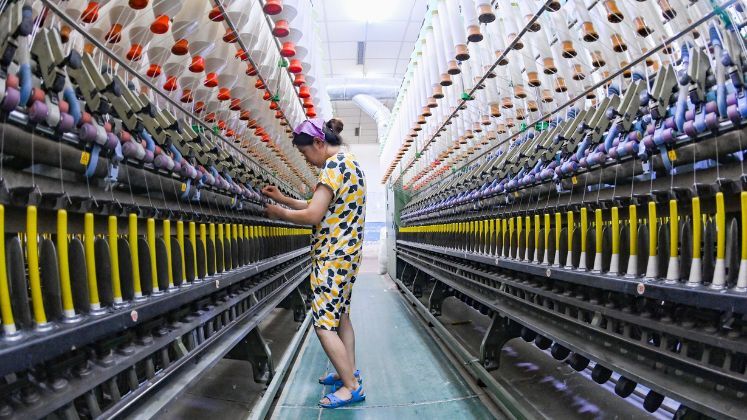
Vietnam has reported that Prime Minister Pham Minh Chinh and Chinese Premier Li Qiang have agreed to strengthen economic cooperation after the BRICS summit in Brazil.
The move follows last week’s announcement by US President Donald Trump of a broad new trade deal with Vietnam, including a blanket 20% tax on all Vietnamese exports to the US, and a substantial 40% surtax on products suspected to be redirected from third nations—mainly China. Although Washington has not yet explained the extent of the 40% tariff, analysts believe it applies to Chinese-origin parts that dominate Vietnam’s export-led manufacturing industry.
Vietnam, a main base for international apparel and footwear manufacturing, has grown more and more at the center of global supply chains, frequently acting as a relabeling hub for products made in China. In the year to date, it took over from China as the leading exporter of apparel to the US.
As a response to increasing US trade pressure, Chinh also pressed China to speed up collaborative infrastructure projects, such as a new cross-border rail network project to be started in December. Improved relations with Beijing may be crucial for Vietnam’s textile industry, which produces 16% of the country’s GDP and employs close to 3 million people. Despite the US remaining the destination for 38% of its clothing exports, Hanoi has called on American brands to retain their relationships with Vietnamese suppliers.






